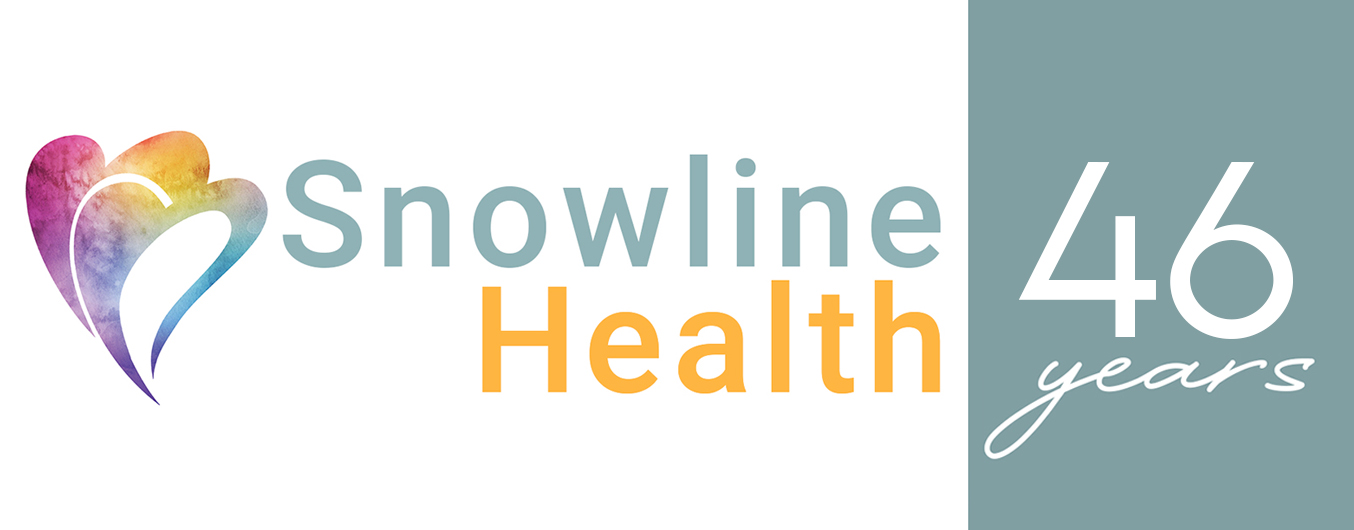Patient & Caregiver Resources
Patient & Caregiver Handbook
Snowline - Advanced Cardiac Care Program Guide
In The Coming Months
Caring for Your Loved One at Home
Caring for someone you love is heroic, but you don’t have to do it alone. Community-based, mission-driven organizations that care for people in declining health specialize in supporting caregivers and family members too. They can relieve some of the burden you may be feeling, so that you’re able to take care of yourself and be a better caregiver for your loved one.
Did you know that caring for someone in declining health can have serious health consequences for the caregiver too? You may be so focused on caring for your loved one that you feel you have to put your own needs second. It’s totally understandable to feel that way, and that’s why hospice and palliative care organizations specialize in caring for the whole family—not just the patient.
Grief doesn’t just begin after you’re lost someone you love. And studies show that seeking out grief support earlier on in the journey can help you process your emotions in the midst of a tragic situation. We know it’s never easy, but we also know it’s harder if you try to do it alone.
The mental, physical, and emotional toll of caring for a loved one in declining health can be serious, but you may be so focused on your loved one’s needs that you’re not aware of it. Hospice and palliative care organizations are here to share that burden—you don’t have to feel like it’s your responsibility alone.
Daughter. Son. Husband. Wife. Your relationship to the person you’re caring for is what matters most. But sometimes, caring for someone in declining health can make you feel like you have lots of new roles to fill. By seeking support from a hospice and palliative care organization, you’ll be able to focus more on quality time with your loved one.
No one knows how to care for your loved one the way you do. That’s why hospice and palliative care organizations put patients and families at the center of the decision-making process. Your values and preferences are what matters—we’re just here to help.
It’s never too early to find out more about what hospice or palliative care can do for you and your loved one. In fact, studies show that patients on hospice often live longer than those who undergo aggressive treatment for the same condition. You can always change your mind, but there’s nothing to lose by learning more.
There’s a lot to keep track of when you’re caring for a loved one in declining health—doctor’s appointments, medications, medical equipment, insurance, and more. Hospice and palliative care organizations specialize in coordinating all of those issues, so that you can focus on being with your loved one.
Caring for the Caregiver
Resource for IHSS
Patient Request For Hospice
Fax number: 530-622-7032 or 916-480-9283
Email: snowlinereferrals@snowlinehealth.org
We will contact the patient or the patient’s family as soon as we receive your referral. For more information, please contact Snowline: 530-621-7820 or 916-817-2338
